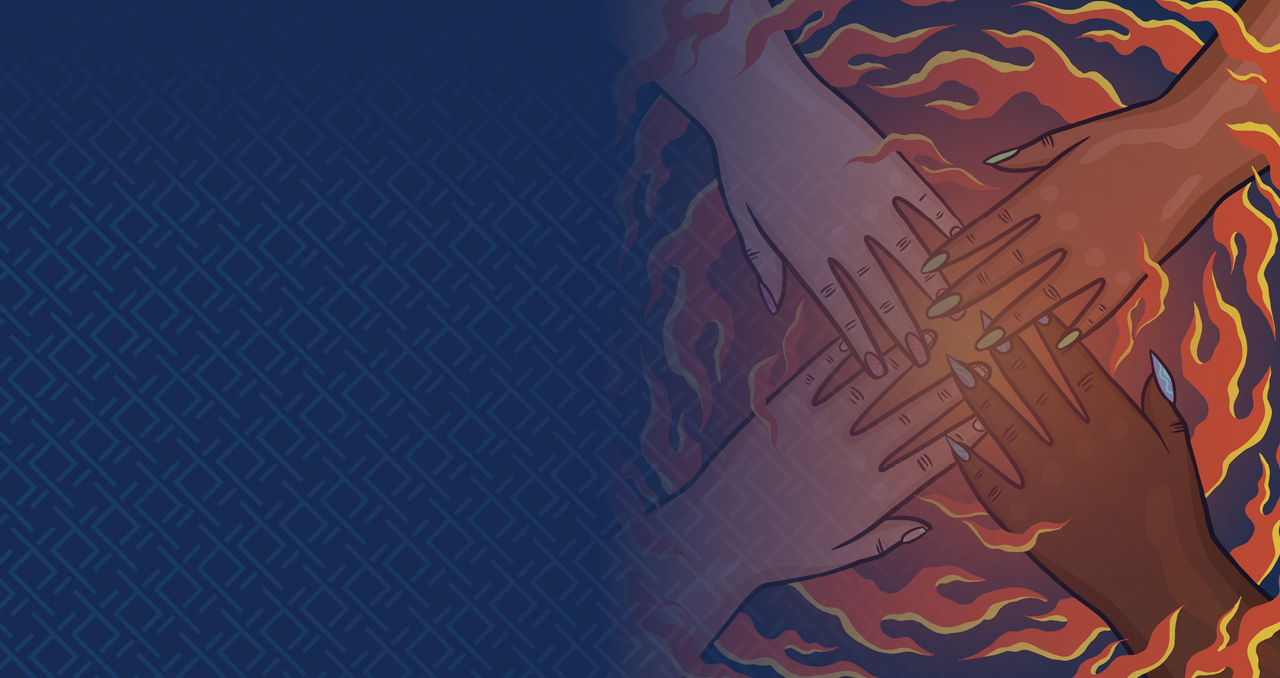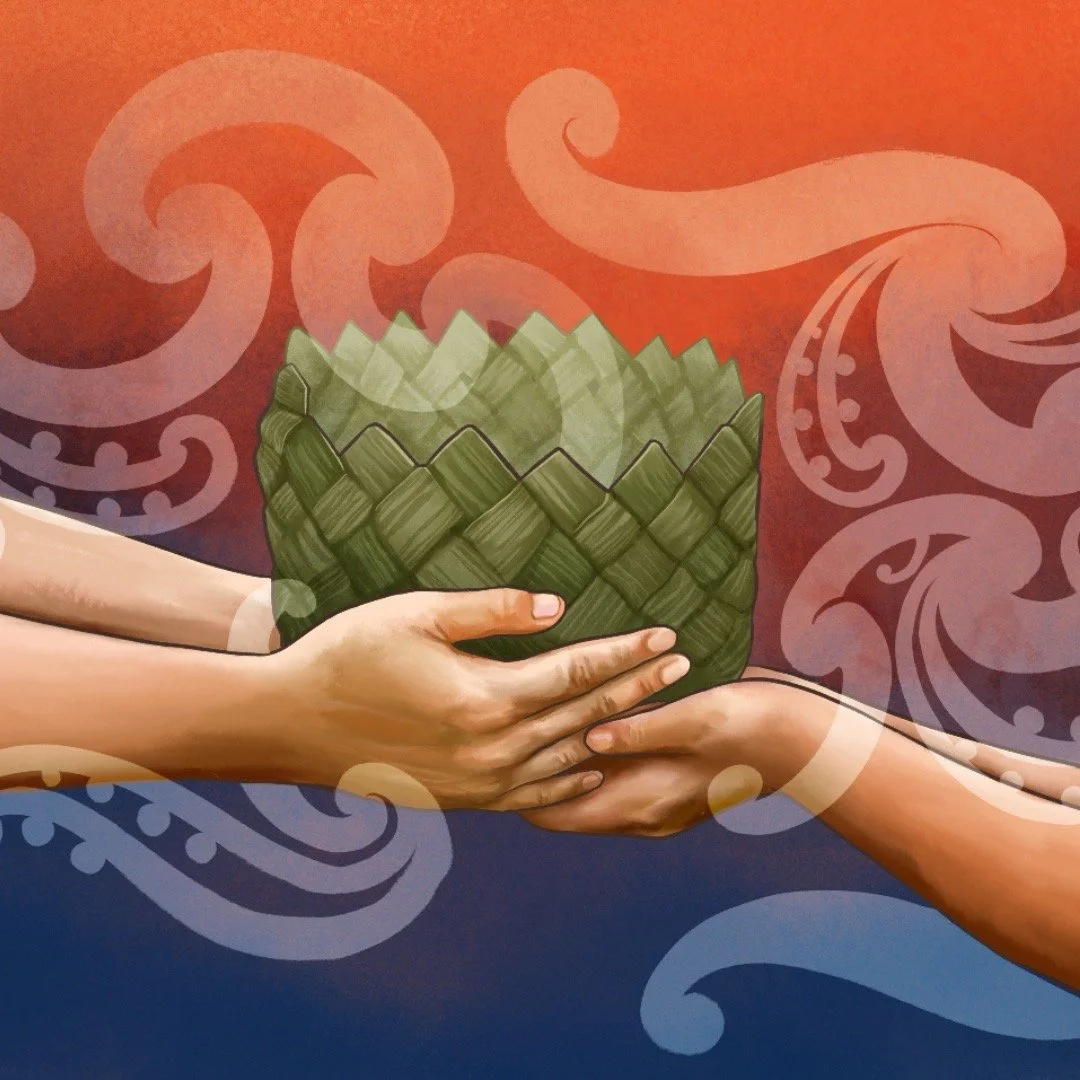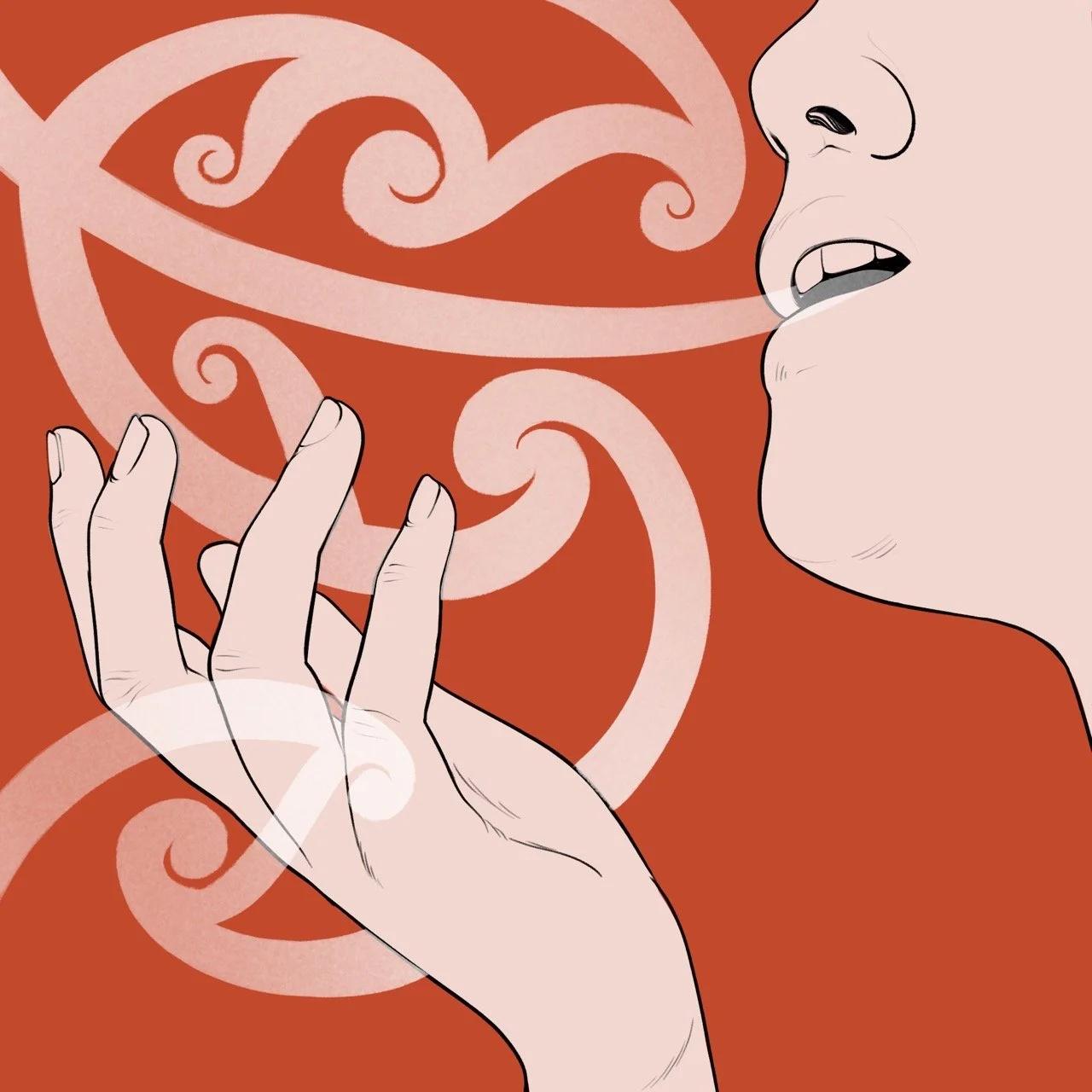
Resources
Resource Library
Creative Capital: Art as a tool for activism and decolonisation with Van Mei
Artist and writer Van Mei discusses the intersection of art and activism, challenges in the arts sector during COVID-19, decolonization in the creative sector, and the importance of collective care and community support in empowering artists for societal impact.
Supporting creative sector governance development: Impact, learning and insight
An overview of Te Taumata Toi-a-Iwi's Creative Governance programme with learnings and insights.
Creative Capital: Intergenerational collaboration with Chantelle, Noah, and Aniwa Whaiapu
Chantelle, Noah, and Aniwa Whaiapu from Te Manawa - a Māori artist-led collective to lead transformational change in the creative sector in Tāmaki Makaurau - discuss intergenerational collaboration, the power of community in Māori arts, and embracing cultural identity in a transformative Māori artist-led collective.
Creative Capital: Representation in comedy with Janaye Henry
Comedian and actor Janaye Henry discusses breaking stereotypes in comedy, fostering diversity, and prioritising joy when making art. She emphasises the importance of creating diverse comedy lineups to dispel stereotypes and provide platforms for multiple voices to be heard.
A Business Case for Investment in Regional Arts, Culture and Creative Sector Development
A Business Case for Investment in Regional Arts, Culture and Creative Sector Development was produced in 2023 by the Regional Arts Network Aotearoa (RANA). Te Taumata supported the development of this business case which outlines the potential role of Regional Arts Organisations (RAOs) and advocates for sustained national investment in the establishment and ongoing funding of RAOs.
Creative Capital: Reimagining queer arts practice with Julia Croft and Nathan Joe
Auckland Pride Executive Director Julia Croft and Creative Director Nathan Joe discuss the fusion of art and community engagement, mentorship for emerging artists and queerness as a driving force for making. They also kōrero about the importance of creating dream spaces, rest as a form of resistance, and the transformative power of art in challenging societal norms.






